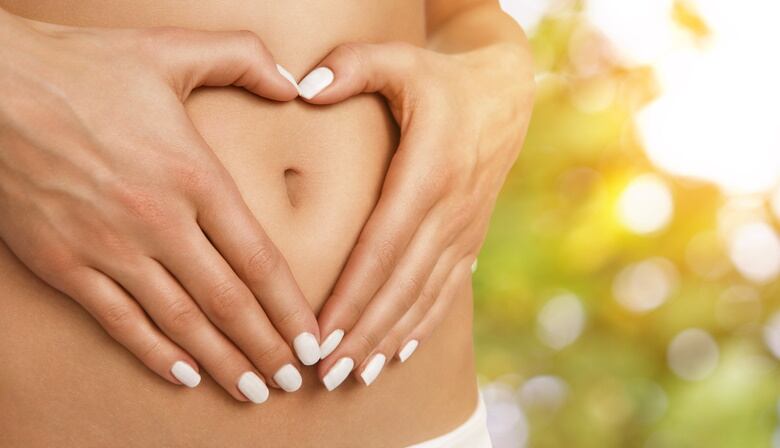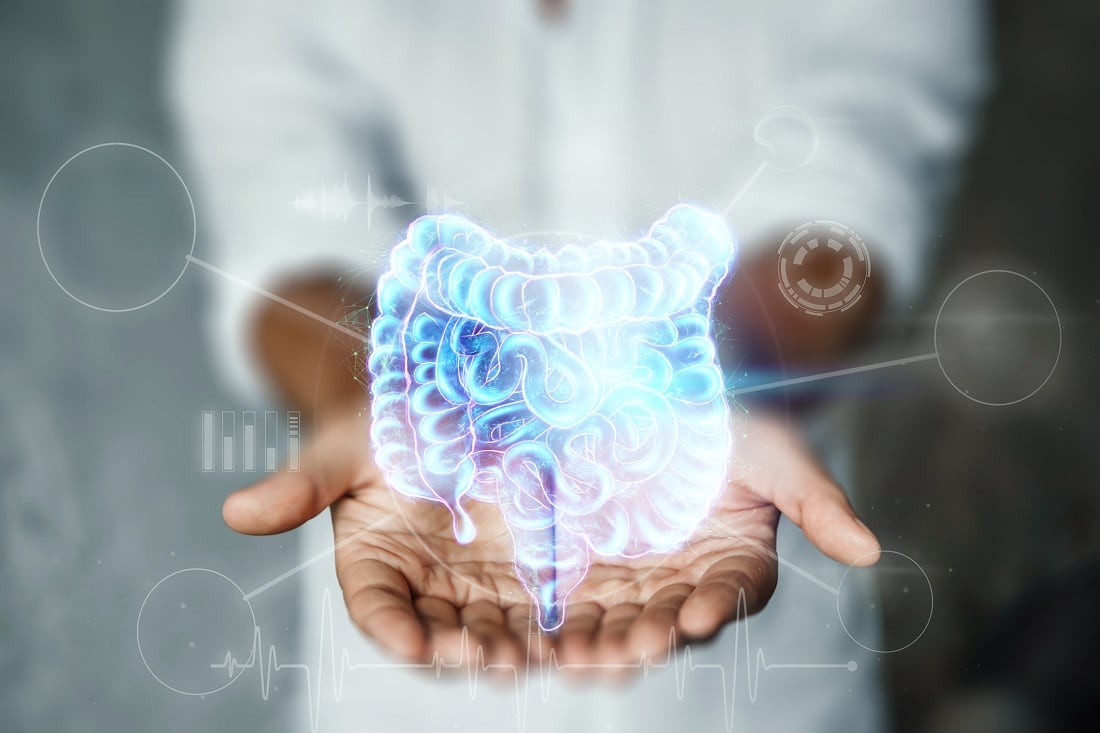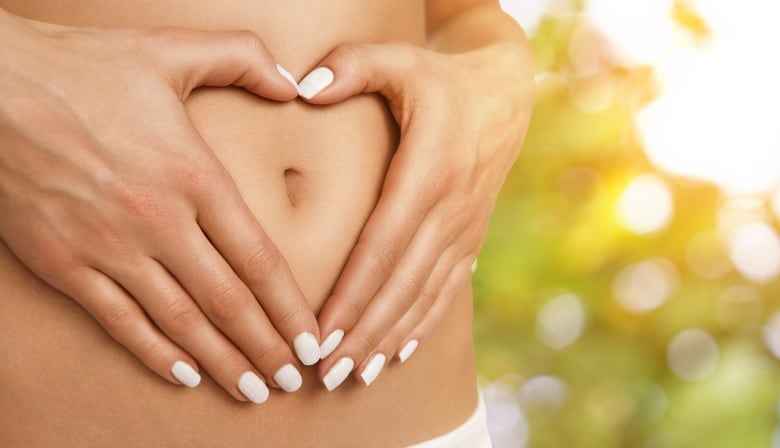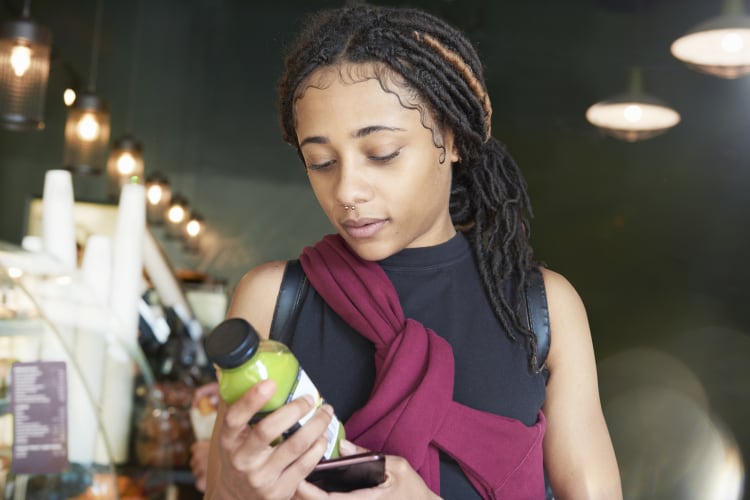Demand for functional foods that deliver digestive health isn’t a new trend – but it is one that looks set to continue accelerating. This is supported by strengthening science and rising awareness of the importance that the gut microbiome – the trillions of microbes living inside our intestinal tracts – play in our overall health and wellbeing.
Microbiome health has come to be associated with a wide range of health benefits, from immunity to sleep and stress. With 70% of the immune system existing in the gut and 90% of the body’s mood-elevating serotonin produced there, gut health has been linked to physical and mental health outcomes.
Understanding the gut-brain axis
These relationships are the result of the gut-brain axis, the two-way biochemical signalling that takes place between the gastrointestinal tract, the microbes within it and the central nervous system.
A major driver of this communication is the exchange of chemical messengers, known as neurotransmitters, and their precursors. These neurotransmitters can either stimulate or calm the body. And it is this interaction that researchers at Unilever and biotech company Holobiome are focusing on.
“With this partnership, we will identify the specific ingredients that stimulate certain neurotransmitter producing bacteria that induce a calming effect on the body. This is different to other products on the market which have a general gut-brain axis effect,” Unilever Food & Refreshments Science and Technology manager Dr Simone Pyle told FoodNavigator.
Each partner brings a unique skill set to the project, Dr Pyle continued, including Holobiome’s discovery platform which has mapped the microbiome an its influences, allowing the group to identify ‘key bacteria’ that appear to communicate to the brain via neurotransmitter signalling in the gut. “This partnership will utilise Holobiome’s unique Human Microbiome Atlas which contains nearly all known members of the gut microbiome, allowing the mapping for specific functions related to the gut-brain axis. Combined with Unilever’s expertise in microbiology, consumer insight and product formulation, our long-term ambition is to bring these health-beneficial products to market,” she explained.
Food for mood
The researchers hope to identify ingredients that could be leveraged in food and beverage products to deliver a positive impact on mental wellbeing.
“The long-term ambition is to add meaningful amounts of these ingredients to certain foods and refreshment products across Unilever’s portfolio to naturally boost levels of certain calming neurotransmitters in the gut, in turn improving mental wellbeing,” Dr Pyle told us.
As to what product formats she believes hold the greatest potential, Dr Pyle said that we will have to wait and see. “The outcome of the research and the ingredients that are identified will influence the potential categories and formats where these ingredients could be applied,” she explained.
According to Carla Hilhorst, EVP of R&D in the conglomerate’s Food & Refreshment division, this will allow the consumer goods giant to tap into growing consumer demand for everyday products that boost mood. “More than 70% of consumers are concerned that stress and anxiety are having an impact on tier health. In turn, consumers are increasingly seeking food and drink products that can have a positive impact on their overall health and mental wellbeing,” she observed. “This research offers exciting opportunities for our future food and drink formulations enabling us to deliver boldly healthier products.”
Profiling prebiotic potential
Unielver said the screening process will focus on ingredients that have a prebiotic potential, in other words ingredients that feed the beneficial microbes living in our guts. “Many ingredients used in Unilever’s products, such as dietary fibres and some polyphenols, are classified as prebiotics,” Dr Pyle noted.
This approach side-steps some of the ‘main challenges’ that exist when adding probiotics – live microorganisms – to food and refreshment products, such as ensuring the microorganisms reach the gut in the right form, so that it is still viable.
“Many common food ingredients are prebiotics and they can be added to food and refreshment products with minimal challenges. When it comes to adding the identified ingredients to any food and refreshments products in the future, our gut microbiome team will work closely with our product formulation teams to address any challenges,” the technology lead told us.
The research will continue over the next year, with findings expected by the end of 2022.




